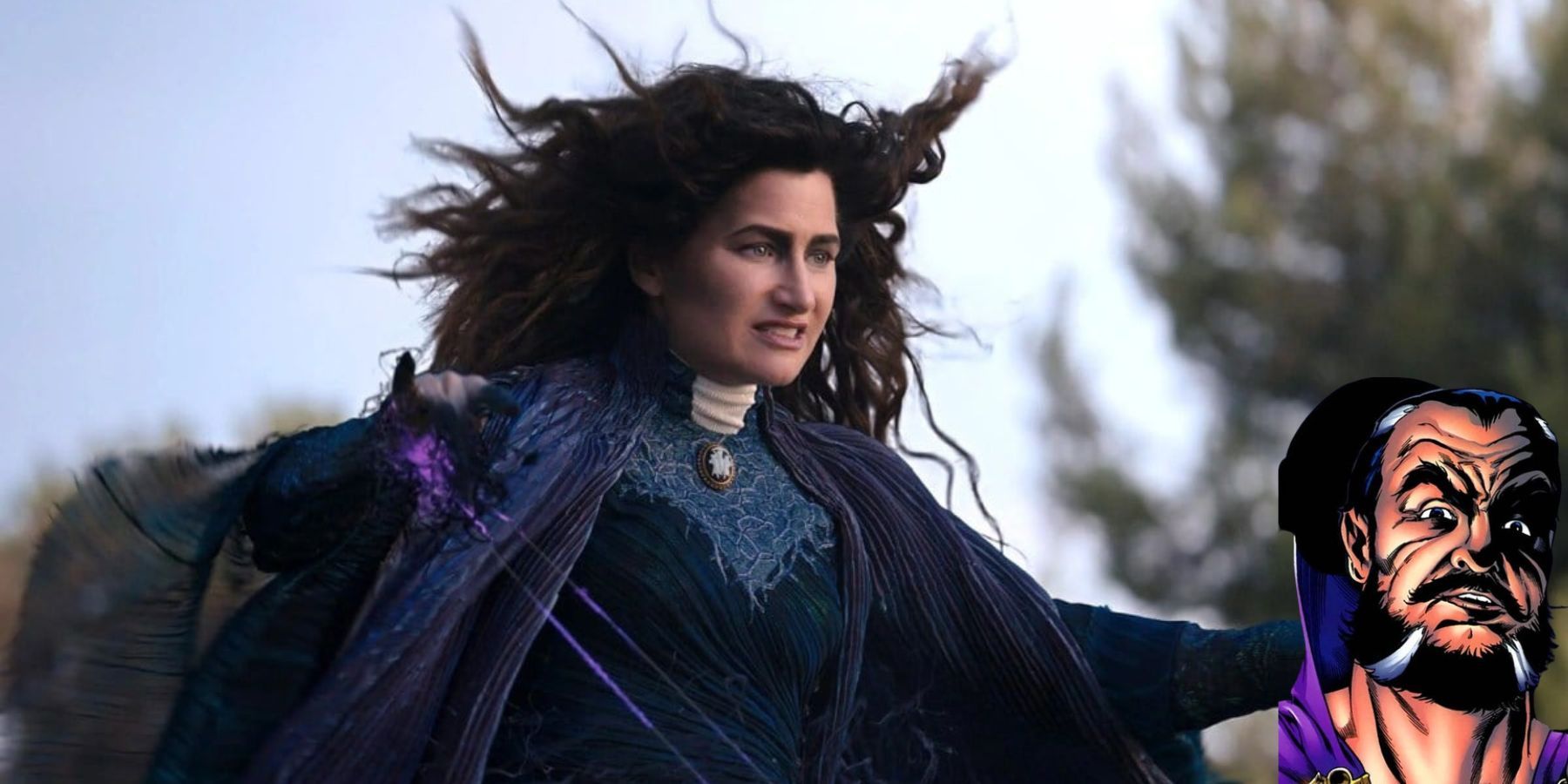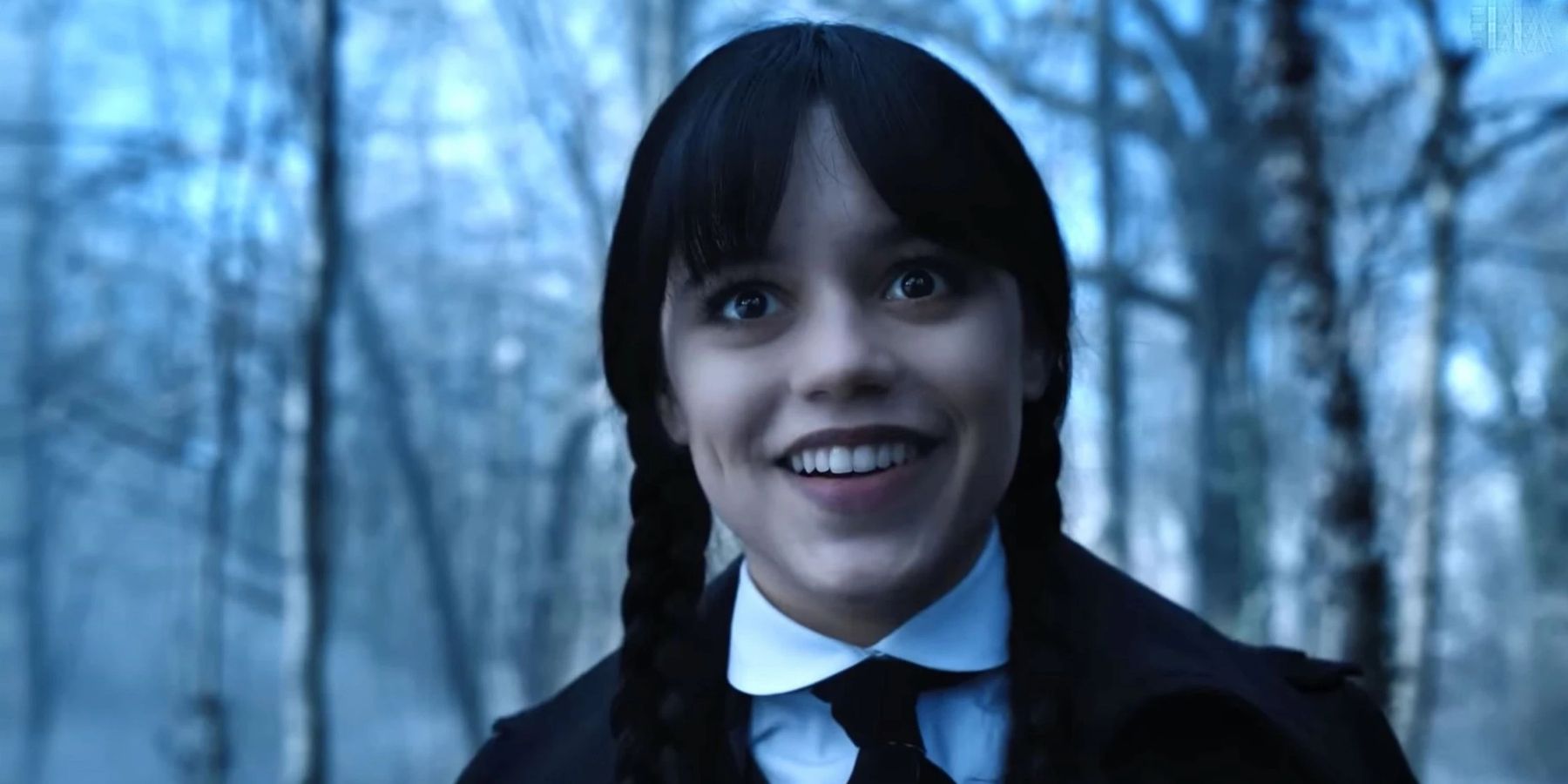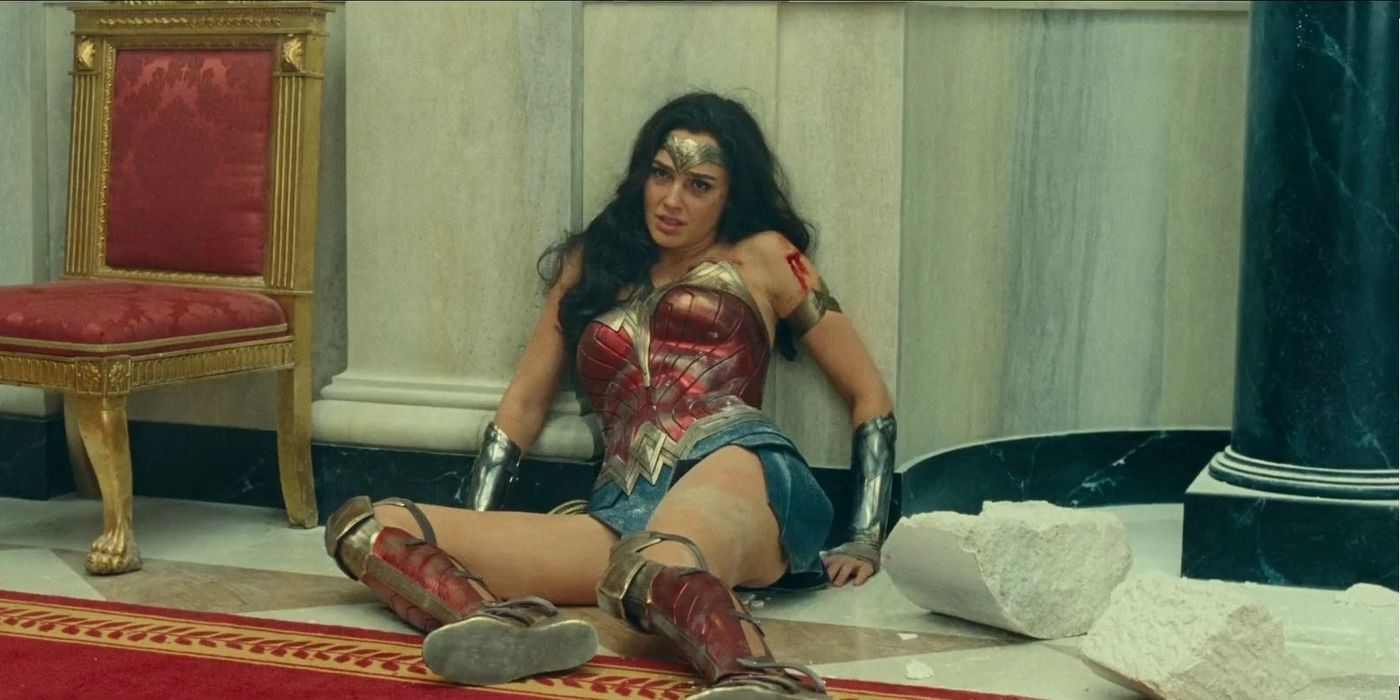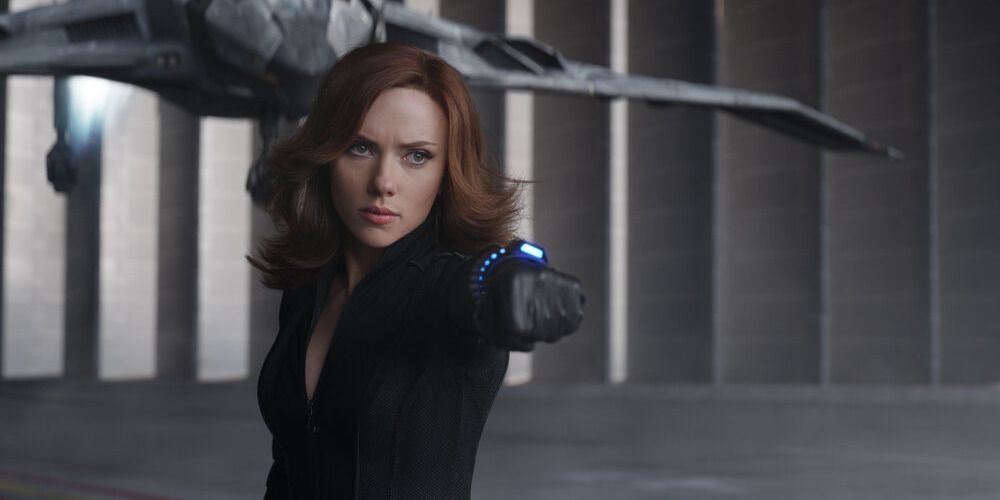Wonder Woman 1984 is about to leave HBO Max on January 24 in what was the first trial experiment from WarnerMedia’s effort to push on with their 2021 movie lineup by deploying simultaneous releases on streaming and movie theaters all over the world.
This first act will soon be followed by The Little Things, starring Denzel Washington, as well as other scheduled films like Judas and the Black Messiah, Tom & Jerry, Mortal Kombat, Godzilla Vs. Kong, Space Jam and Dune. However, with the general landscape of cinemas not looking much different in early 2021 than it did for most of 2020, it does beg asking how successful this strategy could be.
Despite being the only two films released during the pandemic with true blockbuster potential, both Tenet and Wonder Woman 1984 fell way below expectations of the commercial revenue such big budget productions would normally generate. At the time of writing, Wonder Woman 1984 has failed to clear its $200m budget with only $142.5m collected from a worldwide box office and most worryingly with the film’s popularity fading with every passing week.
While WarnerMedia’s strategy successfully ramped up subscription numbers for HBO Max in December by almost 20%, the service’s high cost ($14.99 per month) when compared to Netflix or Disney Plus represents a significant hurdle for new users. HBO Max has tried to remedy this by adding guaranteed winners like Friends, Studio Ghibli content, South Park, and The Big Bang Theory to its catalogue, it still lacks the appeal of brand new exclusives that Disney Plus has at almost half the price.
On top of that, it must be noted that Wonder Woman 1984 was not only the sole superhero movie audiences were treated to for over a year (with the exception of Birds of Prey), it was easily the biggest film set to release on HBO Max altogether. Considering 2017’s Wonder Woman grabbed over $820m at the box office, WarnerMedia has a lot of ground to make up for in costly subscriptions.
With those kinds of numbers in play, it’s no wonder other studios like MGM and Sony, which don’t even have their own streaming platforms, are already opting to reschedule movies like No Time to Die, Ghostbusters: Afterlife, Uncharted, and Cinderella towards the last quarter of the year. Even Disney is playing their cards close to its chest, despite Disney Plus’ incredibly successful first year, not wanting to dilute the value of either the platform’s exclusives nor any of their films, with streaming premieres for Black Widow, Free Guy and Raya and the Last Dragon increasingly looking like a last resource alternative they might not even consider an option for 2021 altogether.
So what’s the big takeaway here? There is simply no denying that COVID-19 was the black swan event for the movie industry, a once in a century occurrence that is now set to keep Hollywood derailed from its track for over a year. Until daily life and the moviegoing experience resemble normality in one way or another, no movie can perform at even 30% of its potential, something every studio predicted would happen and Wonder Woman 1984 clearly confirmed.
Warner Bros. and HBO Max chose to decouple from the rest of the industry assuming the opportunity costs of releasing several of these movies under non-optimal circumstances in order to boost the appeal of a subscription service that only beginning to take off. This move has even rubbed some creative talent the wrong way, with the likes of Christopher Nolan reconsidering their working relationship with the studio, due to the effect it has on the availability and exposure their hard work will receive.
As the movie industry closes in on a full year of the pandemic-ridden environment, it's impossible to say there's a right or wrong way of conducting business, yet AT&T and WarnerMedia's bets so far are not paying off in spectacular fashion. Until HBO Max discloses its official number of subscribers it's hard to gauge the effectiveness of this strategy, but there's only that and waiting for the rest of the studios to cash in on their patience -hopefully- in the latter half of the year.






